Ever since mythology began working its way into Assassin’s Creed, outside the influence of the more science-fiction-oriented Isu of the earlier games, fans have been split on its inclusion. On the one hand, it makes perfect sense that the Isu would be mistaken for gods in history; on the other, it began a more from the more grounded elements of the franchise to the more fantastical. Now, with Dawn of Ragnarok being a full-fledged fantasy expansion for Assassin’s Creed Valhalla, this shift to fantasy seems much more secured.
Fans don’t know what’s next, as alongside the reported traditional stealth-oriented Assassin’s Creed Rift and the confirmed live-service Assassin’s Creed Infinity title, it stands to reason there will eventually be another open-world RPG-style Assassin’s Creed game. The thing is, Dawn of Ragnarok doesn’t appear to be at the top of the community's priorities—as it’s a lot on top of an already huge game, pushes that fantasy notion, and released not long after two major open-world games.
Indeed, if Assassin’s Creed continues to pursue mythology in other games, it should follow Assassin’s Creed Odyssey’s approach more than Valhalla’s. Putting any fantasy woes aside, it’s clear that the way Assassin's CreedOdyssey handles mythology is more in line with the general themes and heart of the franchise than what Valhalla does.
Mythology in Assassin’s Creed Odyssey
Mythology makes sense to explore in an ancient Assassin’s Creed game, as these aspects defined the history and culture in some regard. However, what Assassin’s Creed Odyssey does is create a massive world where these myths were known but not everywhere. Sure, there were cults. Sure, there was a storyline about a Minotaur that turned out to be entirely fake. Sure, there were oracles involved in the main storyline, but it all felt rooted into the main conflict and into a very natural demonstration of the world.
Then, when players do begin to dive into Odyssey’s mythology, it's essentially endgame content described as a secret of the world. Assassin’s Creed Odyssey features the Medusa, the Minotaur, the Cyclops, and the Sphinx, but all as natural fits into a hidden, secret world. Later, players would even learn how these were experiments of the Isu—connecting these secrets back to the science fiction roots of the franchise.
The defeat of these monsters leads to the discovery of Atlantis, where in DLC, Kassandra or Alexios must explore these new storylines, these reconstructions of memories. What stands out, though, is that this entire science fiction construct depicting this long-lost world combines the mythology, the science fiction, and the story. Kassandra isn’t in Atlantis for no reason, and that DLC continues to push the past and modern storyline forward. Without the Atlantis DLC in Assassin’s Creed Odyssey, there would be no Assassin’s Creed Valhalla.
Mythology in Assassin’s Creed Valhalla
Where Odyssey takes mythology and ties it to history, to secrets, and to the Isu, the mythology of Assassin’s Creed Valhalla is much more disconnected. It’s important in terms of the Sage reincarnations of the Norse Isu, but this mythology pervades so much of the storytelling while adding so little to it. The Asgard and Jotunheim story arcs, for example, are lengthy adventures that really only tell players one thing, and this big plot twist is seen coming a mile away.
Not to mention, this mythology is used to erase Eivor Varinsdottir’s canon experiences, as for her to experience these memories through this lens, she has to drink a special elixir and effectively not be herself. And yet, that mythology and big twist dominate the entire marketing of Assassin’s Creed Valhalla—taking away her own identity for a non-existent, male counterpart. In short, the mythology presented in the base game doesn’t respect the main story, doesn’t respect the characters, and adds so little to it that could have been better packaged into the game world, like Odyssey did.
More than that, though, the mythology in Assassin’s Creed Odyssey moved the story forward—whereas the aforementioned arcs were simply composed of lengthy contextual information. And with Dawn of Ragnarok out and it being a big expansion on top of an already huge game, it would stand to reason that it would move the story forward somehow. It doesn’t. There are many things fans are curious about, such as how Eivor returned to Vinland and was buried there, but the game doesn’t care to explain any of that.
Dawn of Ragnarok is the third major DLC and the only one really tied to mythology, but none of them move the story forward. Because Dawn of Ragnarok is so big, it’s the main culprit here. Whereas Assassin’s Creed Valhalla cannot exist without Assassin’s Creed Odyssey, its mythology, and its Atlantis DLC, AC Valhalla: Dawn of Ragnarok has done nothing to prove that it’s not a standalone, fantasy game, unconnected to any larger worldbuilding, history, or series.
It bears repeating: Without the mythology or Atlantis DLC in Assassin’s Creed Odyssey, there would be no Assassin’s Creed Valhalla. Without the mythology or DLC in Assassin’s Creed Valhalla, it would be a better story and has no bearing on the future as it stands.
Assassin’s Creed Valhalla is out now for PC, PS4, PS5, Stadia, Xbox One, and Xbox Series X.

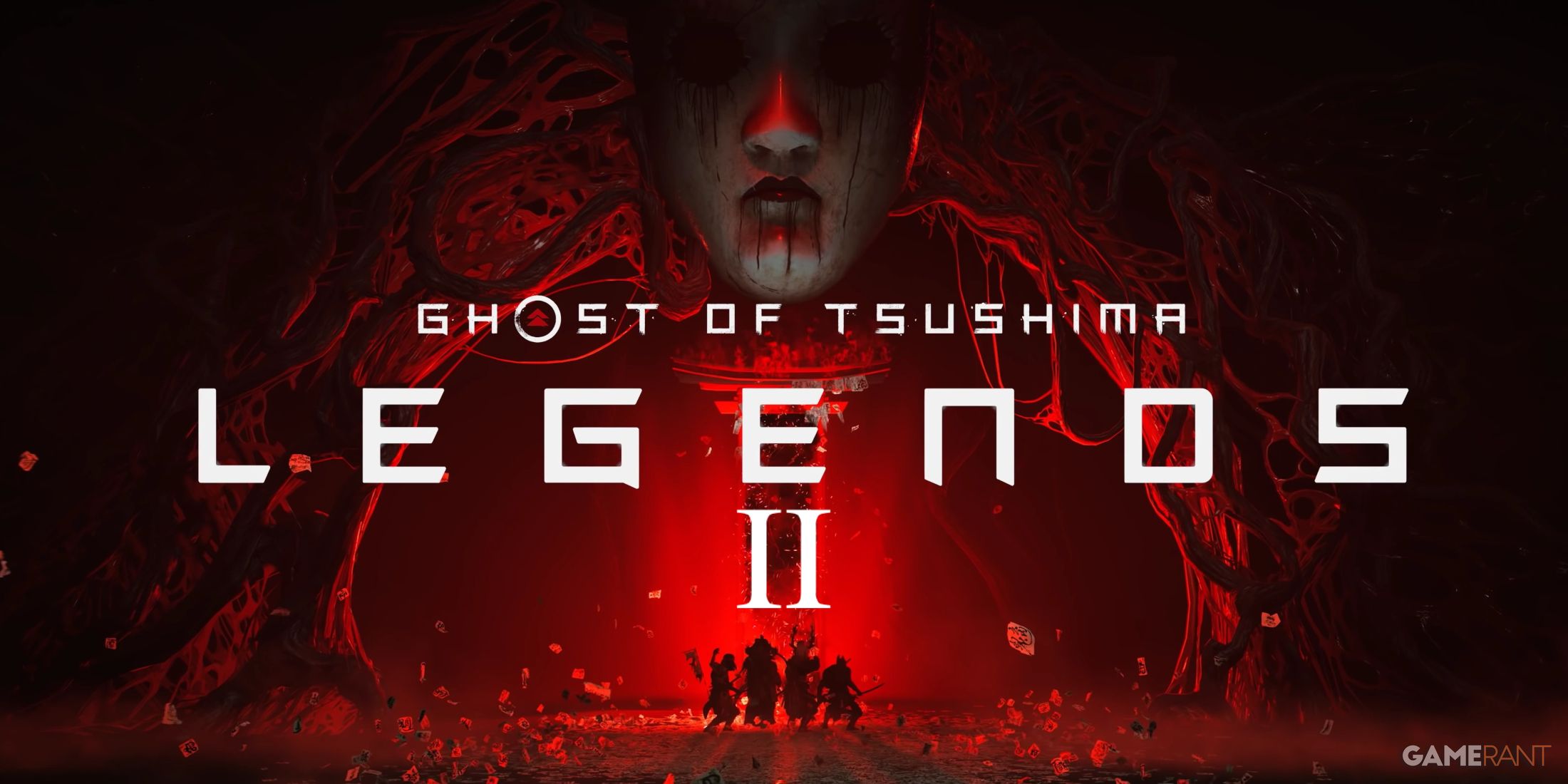
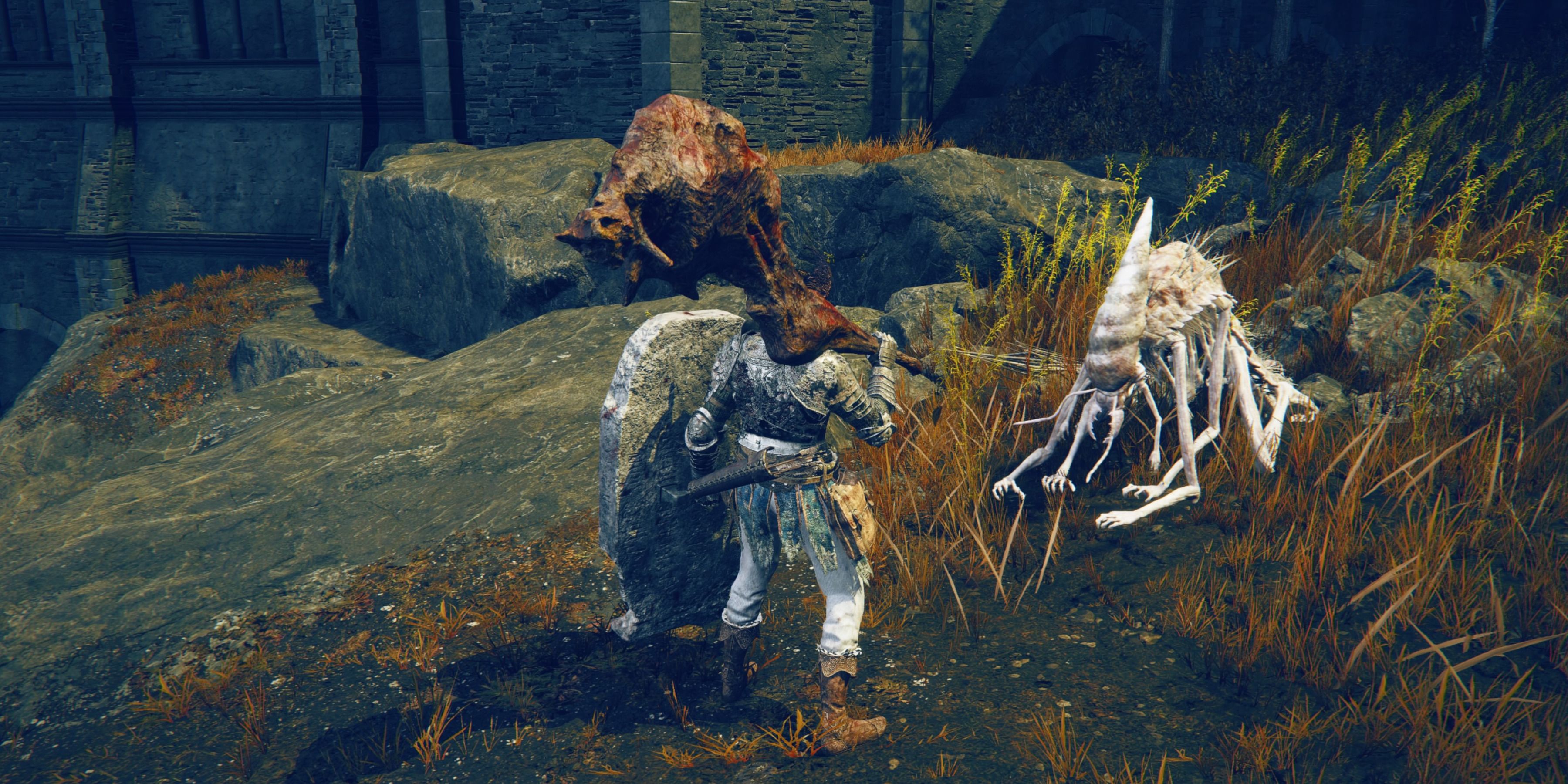
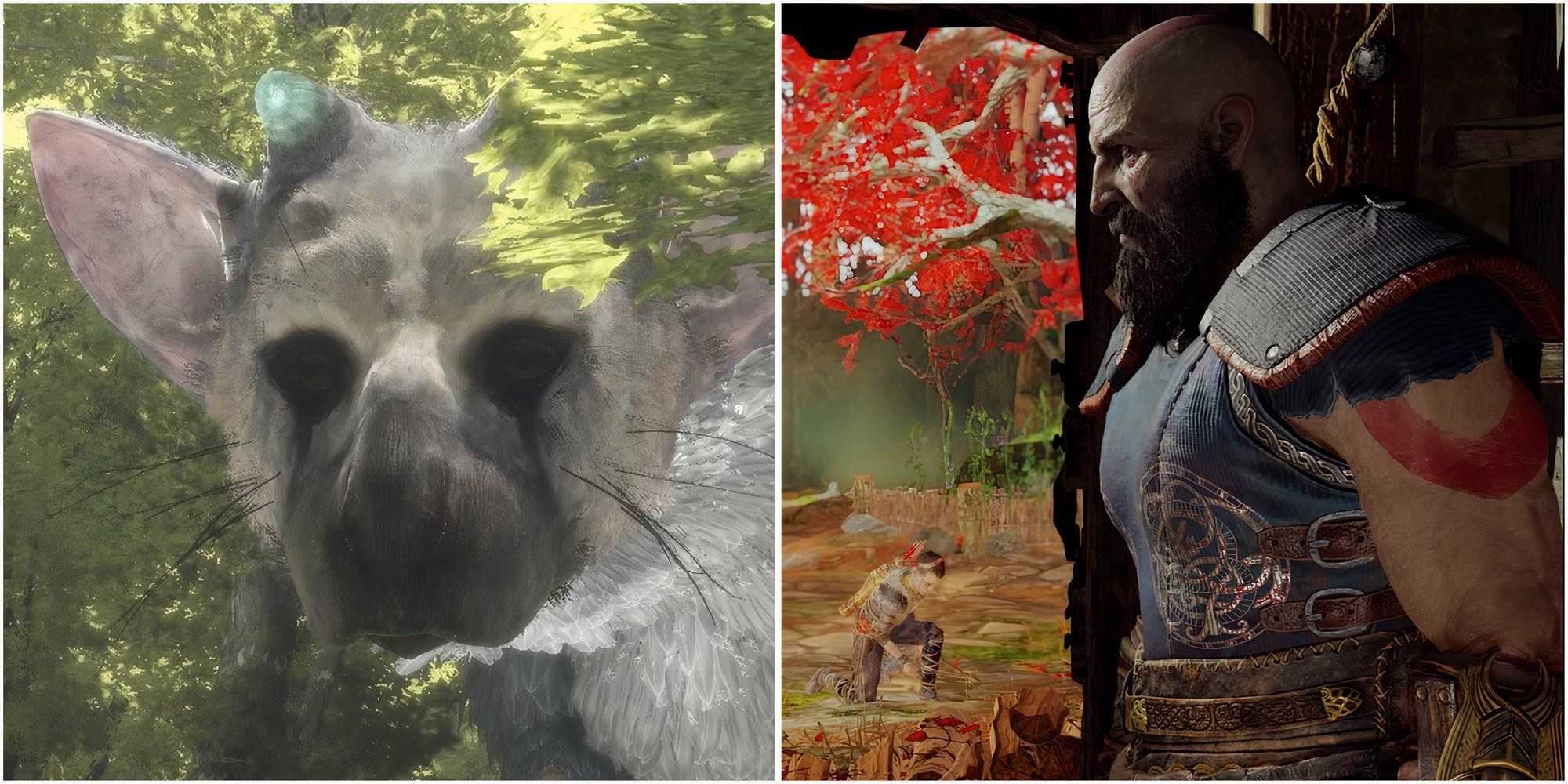
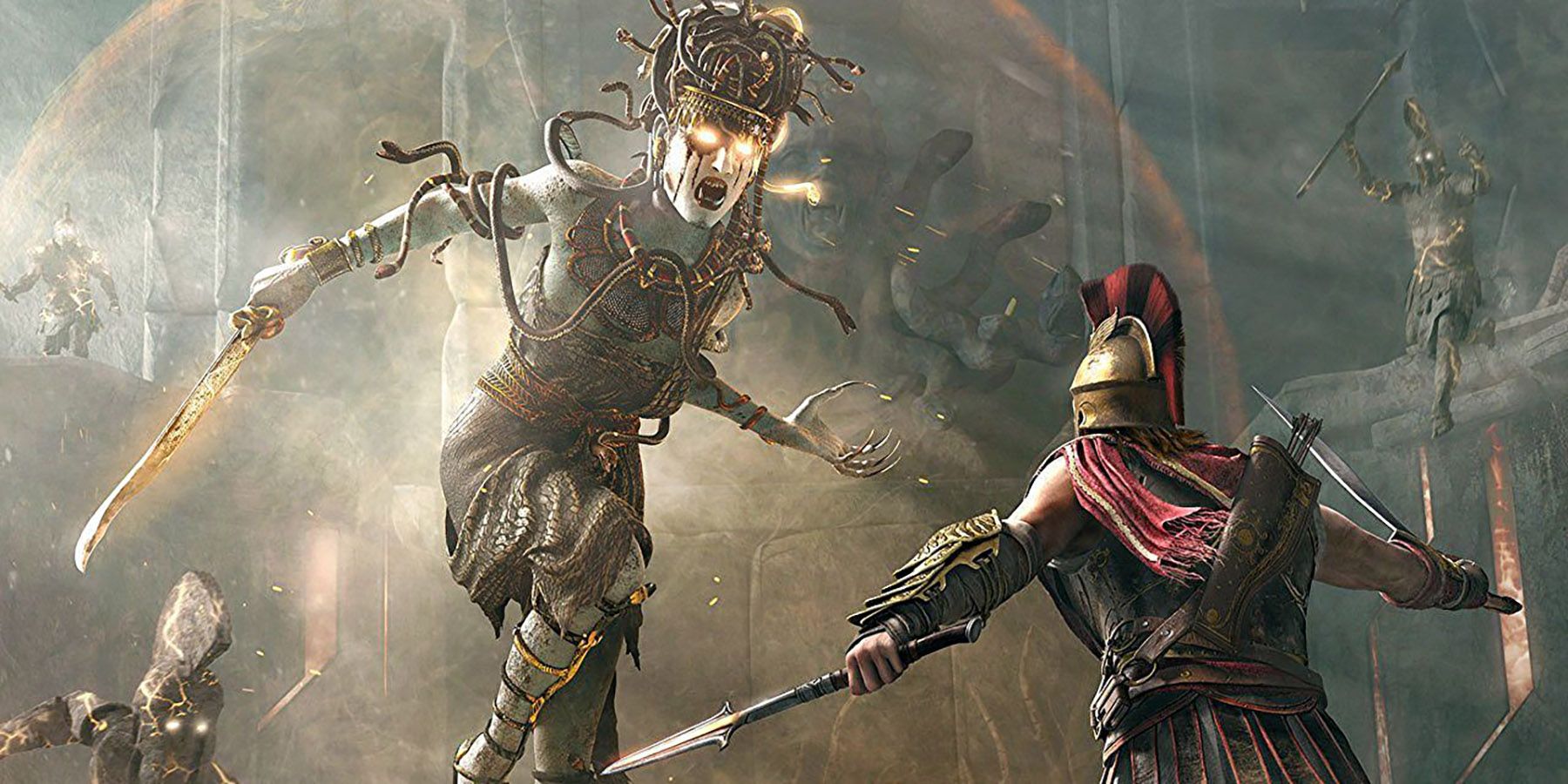
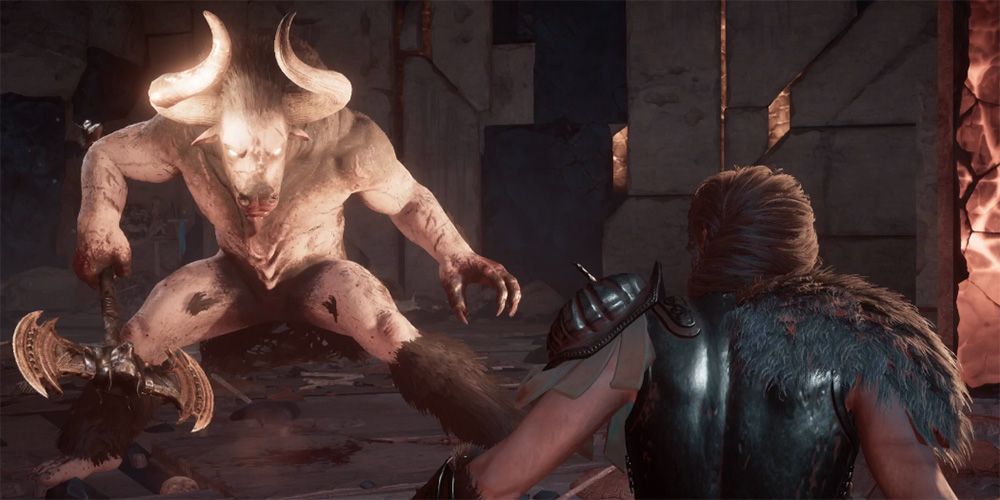
.jpg)